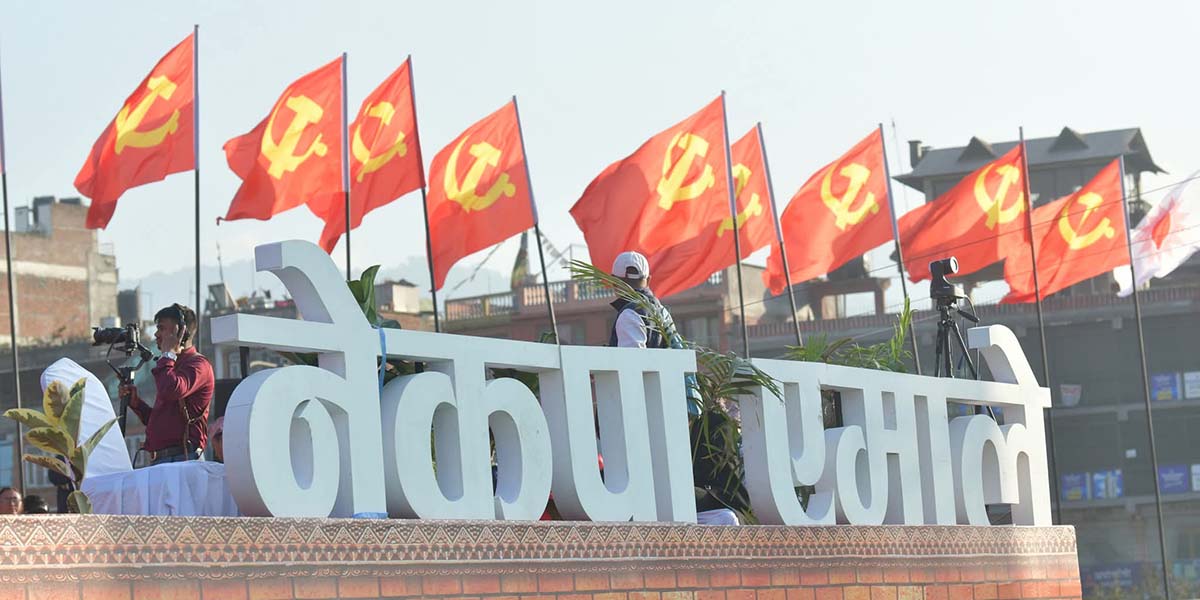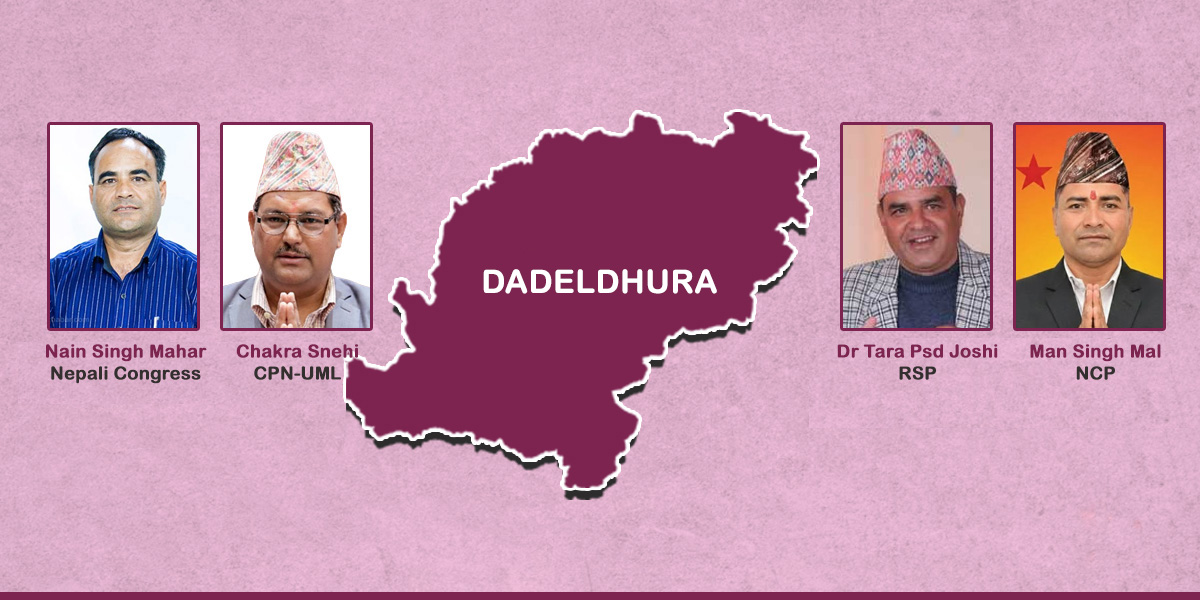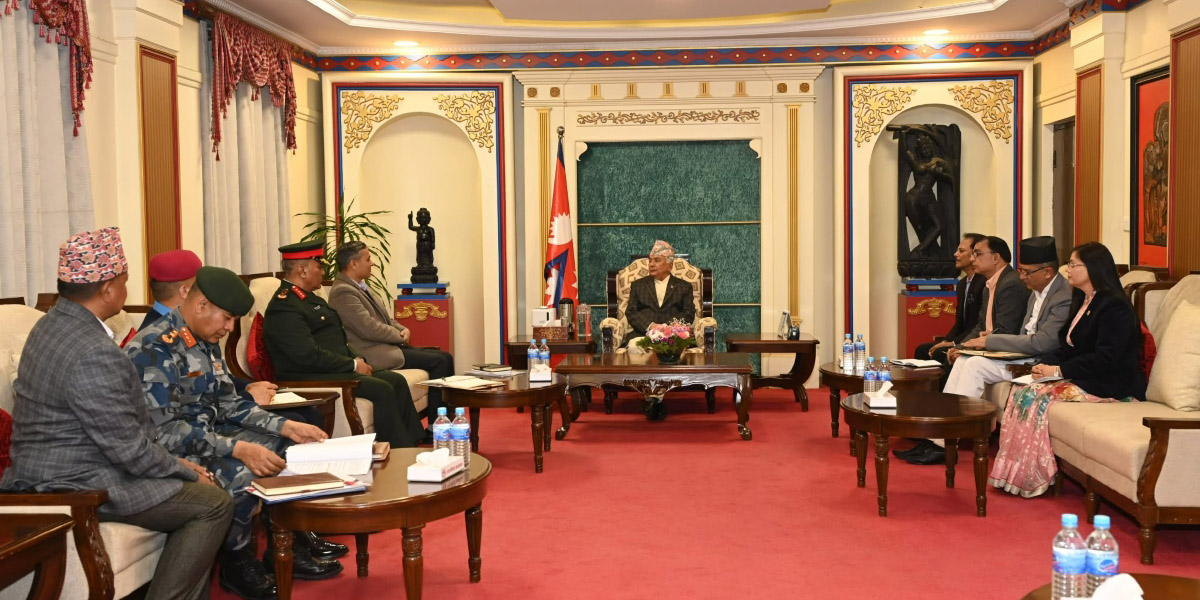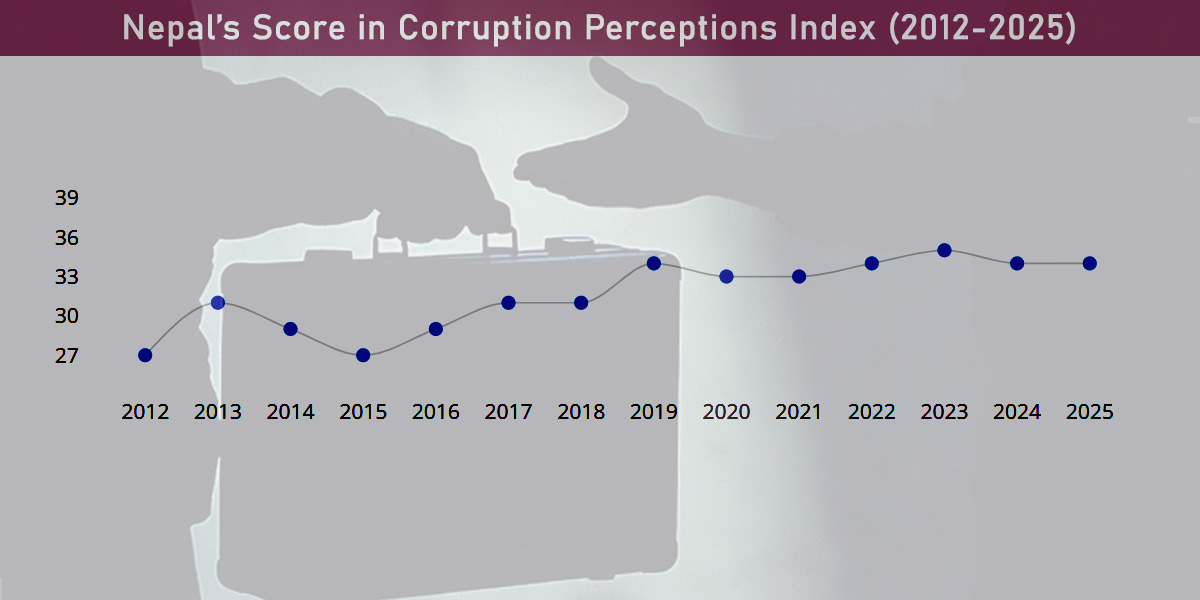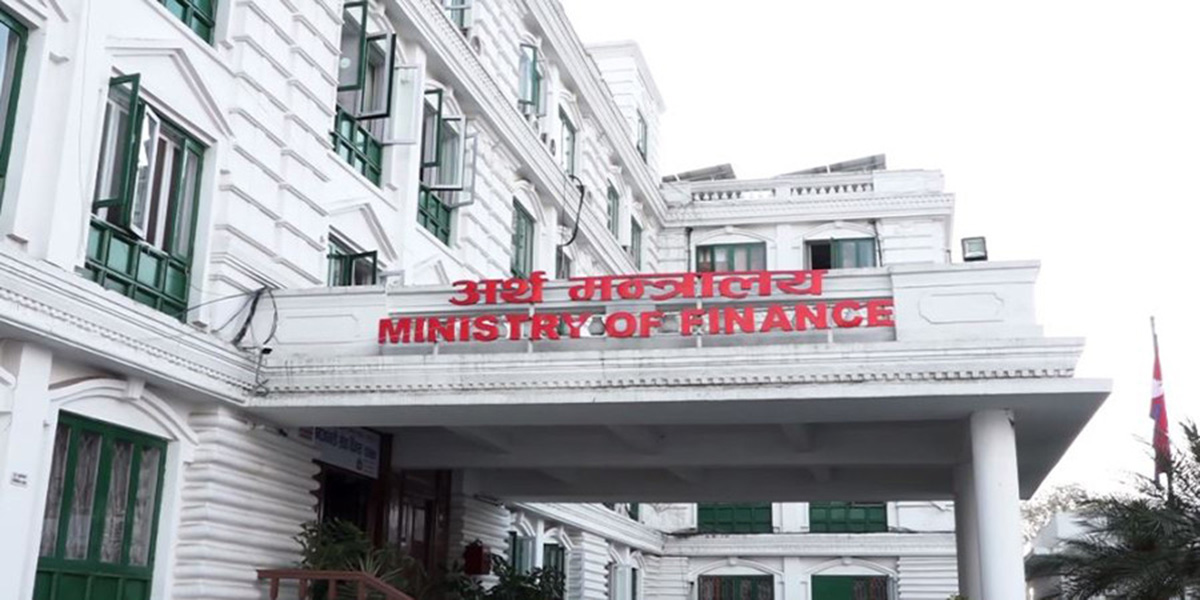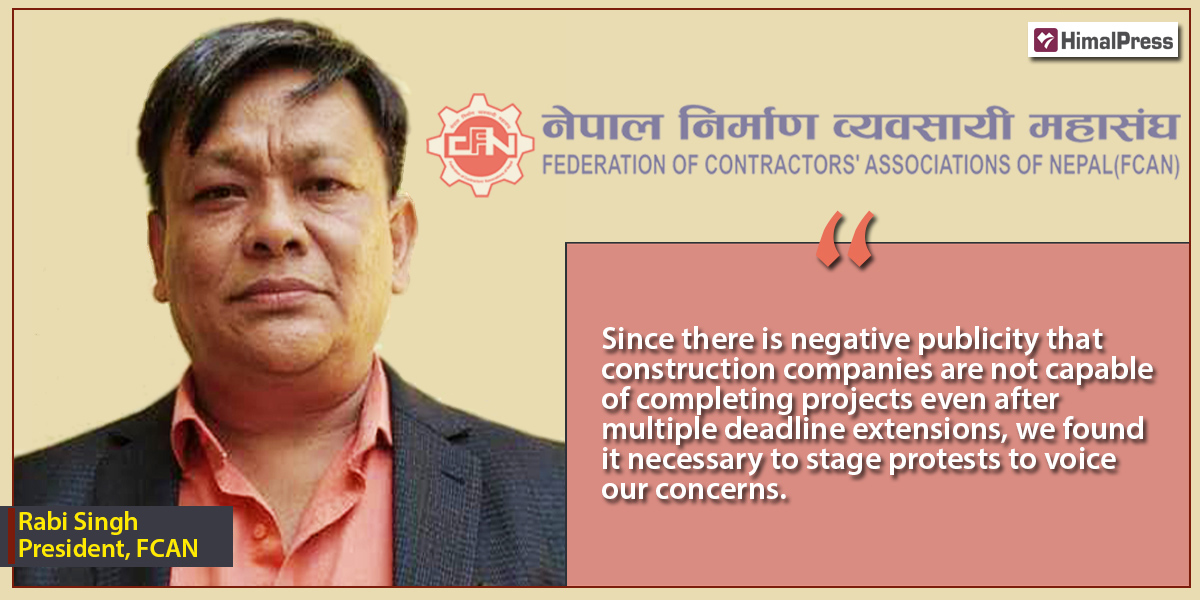
The construction industry is passing through one of the most difficult times in history. We have held meetings with various officials, including prime ministers, ministers, chief secretaries, and secretaries in order to communicate the challenges facing the construction sector. Following the closure of crusher plants in December of the previous year by the former home minister, we have consistently drawn the government’s attention to our concerns. We have also highlighted the adverse impact on the balance of payments, citing instances like the mandatory 100% cash margin requirement for opening letters of credit. The market’s liquidity has been strained due to the repercussions of the Russia-Ukraine conflict, leading to disruptions across the entire supply chain and construction-related industries.
Unfortunately, the construction sector has not witnessed the anticipated growth. The sector, second only to tourism in terms of contribution to the economy, was hit hard by the COVID-19 pandemic. But our pleas for prioritizing the industry have fallen on deaf ears. This has not only hindered the revival of the construction sector but has also created ripple effects across other industries.
Capacity utilization of industries hovers between 25% to 30% only, and product costs are escalating. This is due to stagnation in the construction industry. But since there is negative publicity that construction companies are incapable of completing projects even after multiple deadline extensions, we found it necessary to stage protests to voice our concerns.
In the previous fiscal year, a staggering 75% of the government’s capital budget was expended in the final month. This trend indicates that construction companies were left unpaid for their completed projects.
Just last month, the government issued an order to amend Public Procurement Rule 120(a), introducing six new conditions for extending deadlines on construction projects. These changes were made despite the well-known fact that project delays are often the result of the government’s failure to make timely payments for completed works. In the previous fiscal year, a staggering 75% of the government’s capital budget was expended in the final month. This trend indicates that construction companies were left unpaid for their completed projects.
Due to the pandemic and the budget mismanagement on the part of the government, development projects have been affected. The government transferred funds from other budget headings to make partial payments in mid-June. Construction companies are yet to receive Rs 10 billion for completed works. Had these payments been made consistently, the economy would have operated more smoothly, and the construction industry wouldn’t be grappling with such challenges. The government needs to extend deadlines for around 3,000 projects, necessitating an investment of Rs 400 billion. However, the government has not presented a concrete plan to expedite these projects.
Regarding deadline extensions, the government should understand that merely extending deadlines doesn’t guarantee project completion. Multiple factors need to be addressed. Financial resources must be secured, and prices adjusted to reflect market changes, especially considering that many projects were tendered when diesel prices were below Rs 72 per liter. Various industries adjust their prices in response to fluctuations in fuel costs, be it transport entrepreneurs, airlines, or manufacturers. We have demanded similar adjustments for the construction industry. Additionally, we have urged the government to reconsider projects where adequate financial resources are not assured.
Development projects, lacking resource assurance, should not be implemented solely to garner votes. If the government cannot build 379 hospitals in local units, it should adopt a phased approach, commencing with, for example, 20 hospitals at a time.
The construction sector has suffered since the government’s sixth amendment to the Public Procurement Regulations four years ago. Development projects continue to suffer due to the inaction of political leaders and the inefficiency of civil servants. Tendering projects without securing resources puts us in a precarious position. Currently, we are awaiting payments of Rs 50 billion from various government agencies. This includes Rs 10 billion sought from different ministries through budget transfers. An additional Rs 40 billion pertains to projects stalled due to the reluctance of civil servants to extend construction deadlines despite the government’s go-ahead.
Some construction companies might struggle to meet project timelines. But we should not put all companies in the same basket. Recent developments have shown that the hindrance in development work is largely due to government actions. If the government fails to release payments on time, there is nothing that construction companies alone can do. Despite assurances from the finance minister to release payments for completed projects by the first week of July, we are still to get around Rs 10 billion from different government agencies. And it looks unlikely to be settled anytime soon.
Political parties often propose projects to sway constituents in their favor. They allocate a piecemeal budget of, say Rs 5-10 million, for multi-year projects costing billions of rupees just to secure votes. Civil servants often assist political leaders in these endeavors, leaving both the public and construction companies to bear the consequences. The government should refrain from offering unattainable promises to the public. Political leaders must fulfill their responsibilities by delivering tangible results. Development projects, lacking resource assurance, should not be implemented solely to garner votes. If the government cannot build 379 hospitals in local units, it should adopt a phased approach, commencing with, for example, 20 hospitals at a time.
The government must comprehend our challenges and put an end to the struggles faced by construction entrepreneurs. Projects should be implemented only if budgets are guaranteed and sites are cleared. These actions would undoubtedly alleviate the woes currently plaguing the construction industry.
(As told to Prem Chand of Himal Press)


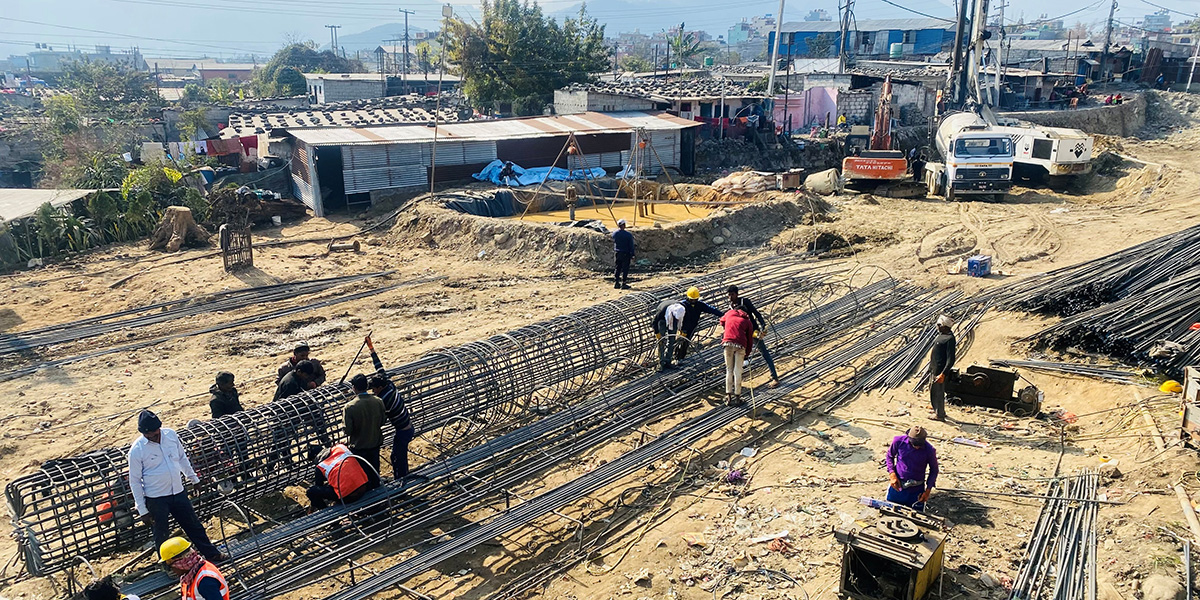
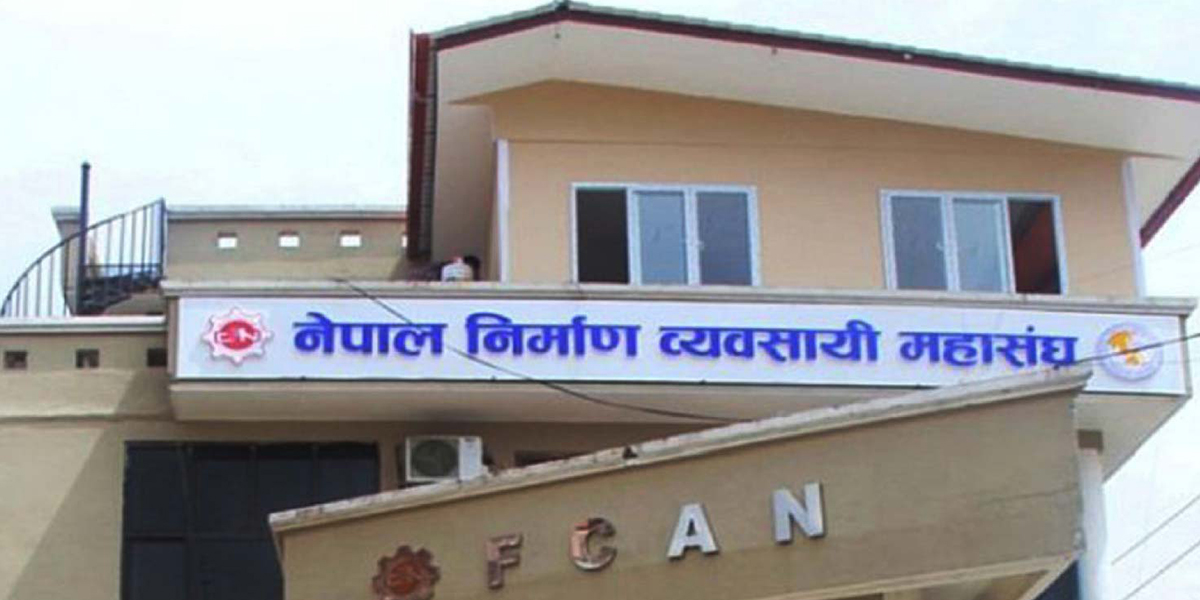

![Suryabinayak-Dhulikhel road widening works underway [In Pictures]](https://en.himalpress.com/wp-content/uploads/2024/04/suryabinaya_dhulikhel_sadak-17.jpg)

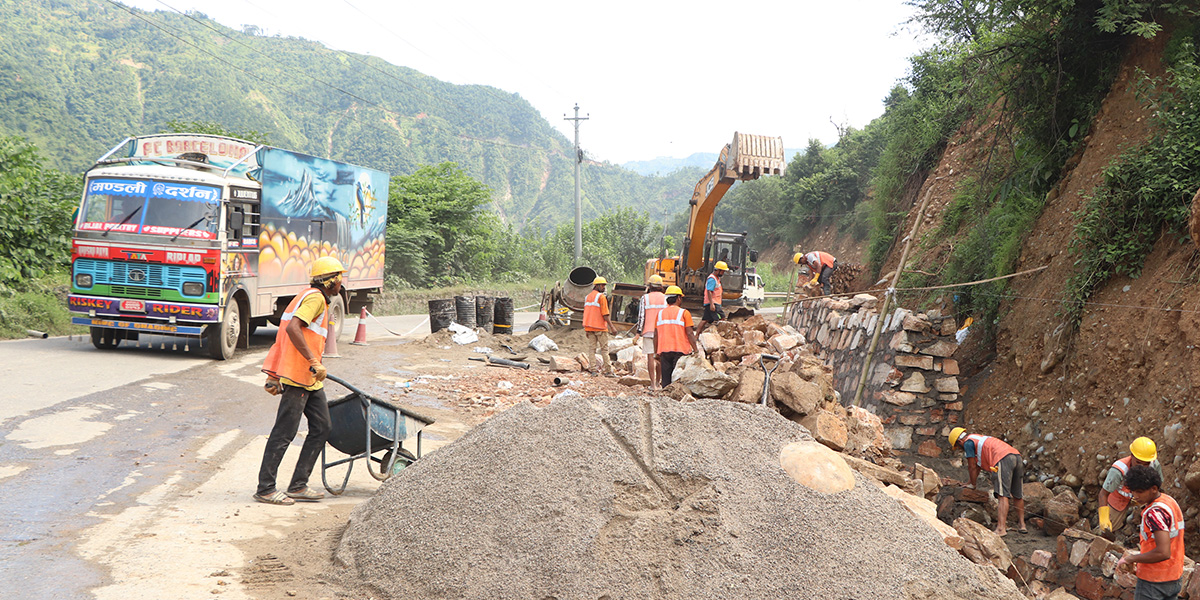
![Maha Shivaratri being celebrated across the country [With Pictures]](https://en.himalpress.com/wp-content/uploads/2026/02/HRB_KTMImage2026-02-15at7.37.40AM1.jpg)
